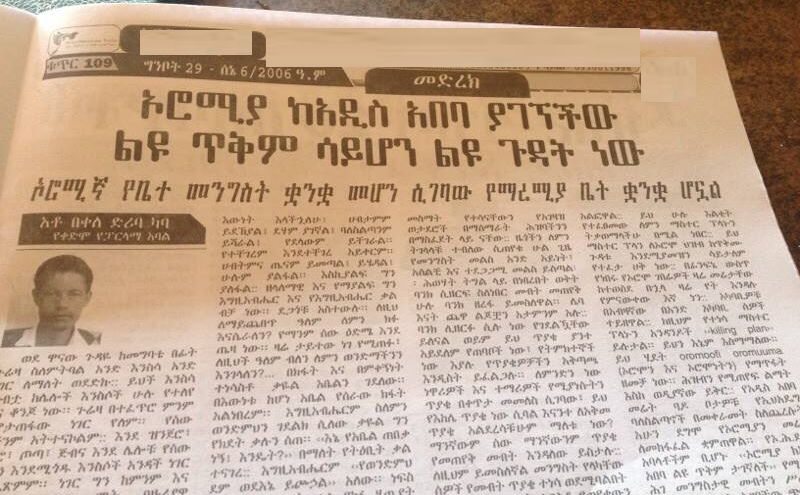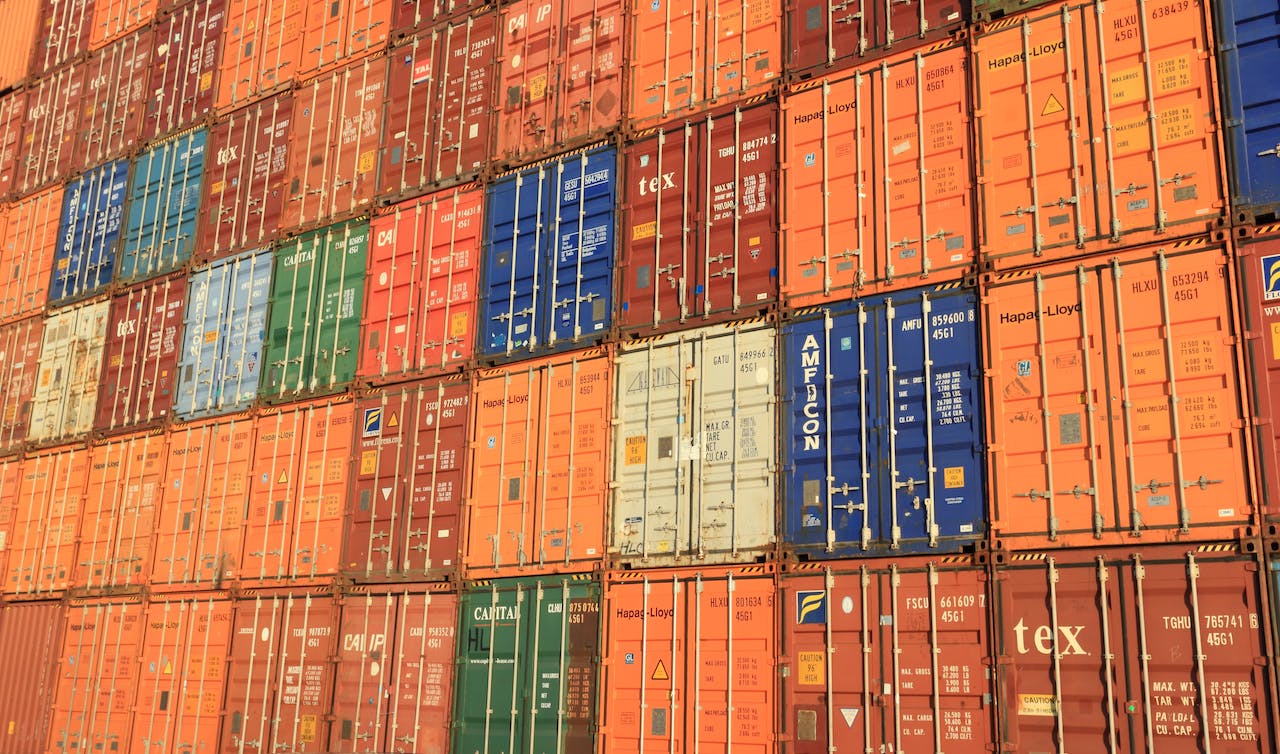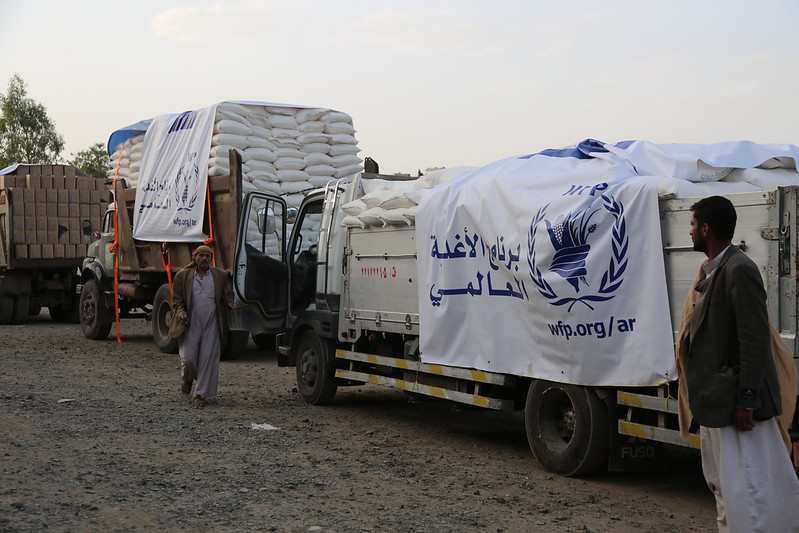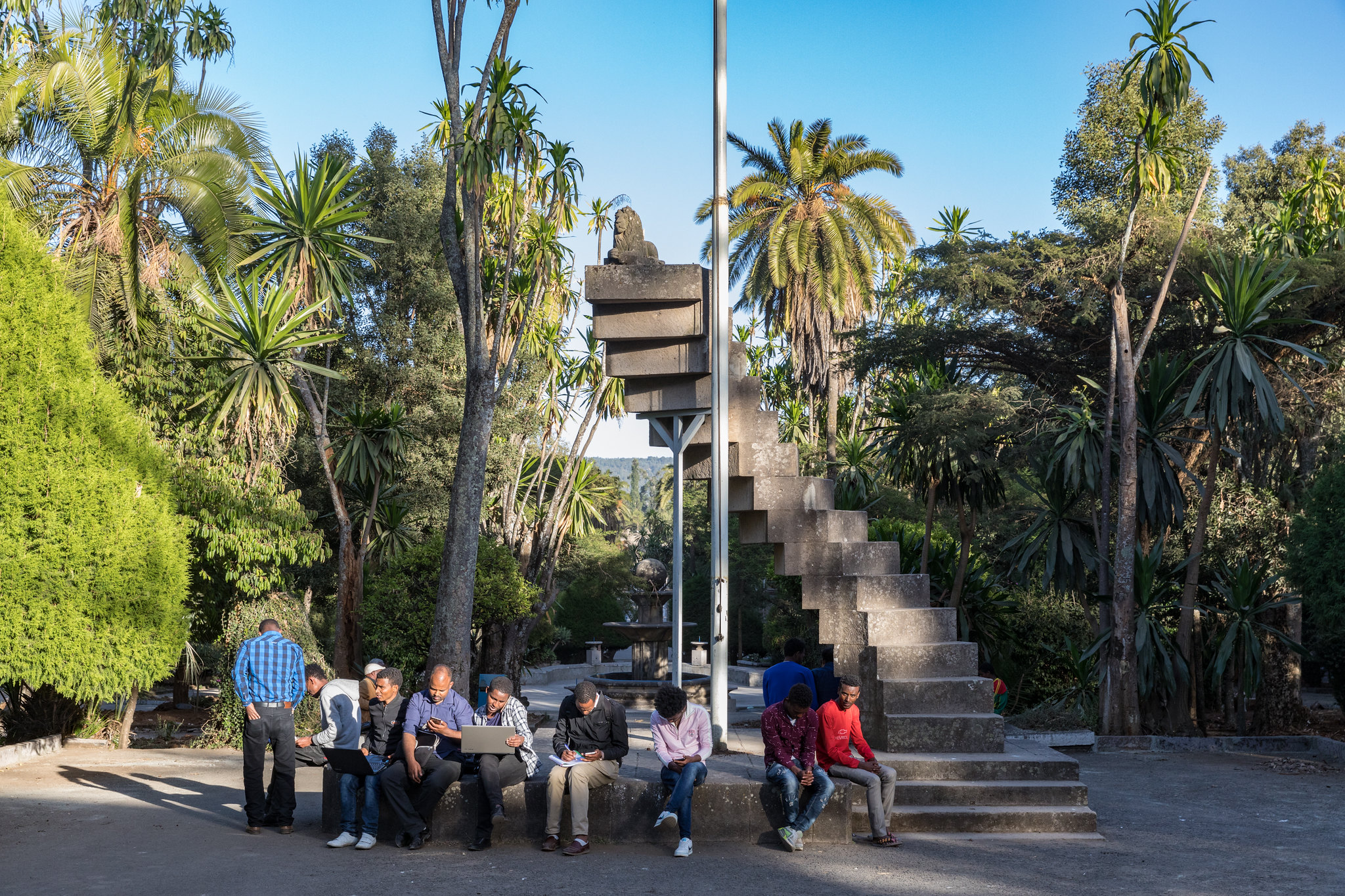The Amhara people of Ethiopia are currently stuck in a conflict with the central government that is creating a humanitarian disaster. It’s not long ago they were fighting on the same side, writes Birhanu Bitew.
Who are the Fano?
The Amhara Fano are a paramilitary group formed to fight against the Ethiopian government, which has been accused of committing genocide against the Amhara. Fano is an Amharic term for volunteer fighters. Volunteer fighting against external foes and domestic oppression has long been the norm of collective resistance in Amhara culture.
The Amhara rulers, for example, adopted the Fano style of military mobilisation in the sixteenth century to impede the Oromo migration aimed at acquiring the resource-rich territories of Abyssinia and indiscriminately killing the inhabitants. In the second quarter of the twentieth century, Amhara youngsters became a Fano to liberate Ethiopia from Italy’s brief occupation.
The current Amhara Fano, which emerged from the ashes of the 2015 Amhara protests against the dictatorial leadership of the Tigray Peoples Liberation Front (TPLF), draws its ideological and organisational roots from history. Fighting spirit, a desire to sacrifice one’s life for the country and aversion to any form of injustice are all virtues that members of the Amhara Fano claimed to have inherited from their forebears.
The goal of the Amhara Fano is to end the systemic oppression directed against Amhara and to save Ethiopia from balkanisation, as its motto states: ‘Our starting point is Amhara, and our end point is Ethiopia’. Because Abiy is failing to respond to the Amhara questions and has deployed his troops in the Amhara region, the Amhara Fano now feel compelled to fight back.
The Amhara Fano and Abiy Ahmed
In his inaugural speech, Abiy promised to end authoritarianism, ethnic politics and any forms of maladministration. He swore that his administration would treat Ethiopians of all ethnicities equally, free political prisoners, permit exiled political groups to return home, and, most crucially, appeared to emphasise the importance of working for Ethiopian unity under his controversial “Medemer” (synergy) doctrine. However, the honeymoon period of his promised political openness vanished quickly.
His failure to accommodate political differences, in particular, drove Ethiopia into a devastating civil war in November 2020 between the TPLF and the central government. To defeat the TPLF force, Abiy made a temporary alliance with the Amhara Fano. Because of territorial disputes and the TPLF’s anti-Amhara sentiments, Abiy was able to rally the Amhara Fano against the latter. Abiy’s administration promised the Amhara Fano that it would return the TPLF-annexed territories of Wolkayt and Raya to the Amhara region. It also allowed this para-military group to possess what it captured, primarily military weaponry. This alliance weakened the TPLF’s power, forcing it to agree to disarm the Tigray Special Force in the November 2022 Pretoria Agreement.
The Pretoria agreement ended the conflict between the TPLF and the central government but caused a deterioration in the relations between Abiy’s administration and the Amhara Fano. Even though forces such as the Amhara Fano, the Amhara Special Force and the Amhara militia helped to undermine the TPLF’s power, the central government refused Amhara involvement in the peace process. The Amhara political forces felt betrayed, resulting in the crumbling of the marriage between the Amhara Fano and Abiy’s administration. Political tensions erupted, culminating in a military conflict that has been raging since April 2023.
Drivers of the conflict
The causes of the confrontation between the Amhara Fano and Abiy’s army can be divided into two categories: structural and immediate. Amhara had been subjected to structural attacks such as state-sponsored genocide both before and after Abiy came to power. Despite Abiy’s pledge to end ethnic-based attacks across the country, Amhara have been killed and evicted in many corners of Ethiopia. The Oromia region of Ethiopia, the home region of Abiy Ahmed, has seen the routine killing and eviction of Amhara since Abiy came to power. Killing and evicting Amhara in this region is sponsored and facilitated by government security apparatus such as the local police force, the Oromia Special Force, and Abiy’s army.
During its war with the central government, the TPLF also inflicted genocidal atrocities on the Amhara people. The TPLF killed about 3000 Amharas in the Maikadra and Chenna massacres. Hate speeches by senior officials, raping Amhara women, and indiscriminate killings of Amhara were all the methods that the TPLF used to quell the Amhara people.
It is amid this calamitous circumstance that Abiy’s administration silenced Amhara’s voice in the Pretoria Agreement. This infuriated Amhara political groups, who were concerned that the peace process might jeopardise Amhara interests. They feared, for example, that Abiy might deceive them by handing over Wolkayt and Raya to the Tigray Region. The immediate causes of the conflict between the Amhara Fano and Abiy’s army are the political decisions made by the central government against the interests of Amhara following the Pretoria Agreement.
As immediate causes of the conflict, three interconnected political actions stand out. First, Article 10 (4) of the Pretoria Agreement upset Amhara political forces by stating that both parties agreed to resolve ‘issues of contested areas in accordance with the constitution of the Federal Democratic Republic of Ethiopia’. In its 1995 constitution, the TPLF-led government restructured Ethiopia along ethnic lines. This provided ethnic groups with their own land and transformed regional boundaries into a matter of ownership and identity rather than merely administration.
The contested areas in the context of Article 10 (4) of the Pretoria Agreement refer to Wolkayt and Raya, which Amhara political groups believe the TPLF has forcibly annexed. Frustrated Amhara political groups interpret this provision to mean that Abiy’s administration consented to hand over these Amhara lands to the TPLF. Attempting to settle the contentious areas in accordance with the provisions of the constitution is unrealistic because the TPLF annexed these territories prior to the promulgation of the constitution in 1995.
Second, Amhara political groups opposed the federal government’s decision to disband the Amhara Special Force in April 2023.
Third, Amhara political groups are sceptical of the deployment of Abiy’s army in the Amhara region to disarm the Amhara Fano. This is interpreted as an attempt to implement the Pretoria Agreement in favour of the TPLF by suppressing Amhara opposition. This triggered a direct clash between the Amhara Fano and Abiy’s army. Abiy’s army has been perpetrating indiscriminate killings of Amhara, rapes of Amhara women and property destruction to destroy the economic base of Amhara.
Prospect for peace
Despite the terrible humanitarian situation in the Amhara Region, a peace process to end the confrontation between the Amhara Fano and Abiy’s army has yet to start. Abiy’s administration still seeks to defeat the Amhara through military might. It attempts to subvert prominent Amhara Fano leaders through a divide-and-rule tactic, reaching out to them through religious leaders and local elders, and plotting to kill them.
The Amhara Fano’s popular support from the Amhara people hindered the central government’s efforts to crush the Fano movement. This hindered the peace process, making the future of the Amhara Region gloomy, and leaving the Amhara in a dire humanitarian situation with no end point in sight.
Photo credit: Wikicommons






The Ethiopian government’s full-scale war against the innocent Ethiopian Amhara people, involving a well-armed national defense force and support from various regional special forces such as the Oromo, Tigray, and Addis Ababa regions, constitutes a severe genocide. The devastating humanitarian crisis in the region is deeply distressing, and the situation has worsened due to the international community’s silence and lack of humanitarian aid.
Well explained. Keep up Bire.
great piece
Great piece , keep it up!
I’m really interested to read such an informative piece. You clearly told us the genesis, driver and dynamics of the current crisis. Keep writing!
Learned a lot. Thank you
Great article, other researchers and human righters should be advocating the reality what is happening in Amhara peoples.
Following invasion of Abiy’s military, dozens of innocent people killed every day. It is is beyond my capacity to hear repeated drone attack and killing of many people at bus station, schools, and living houses. I it also terrible to hear the death of 14 plus health workers since July 2023 the invasion of Abiy Armies. in a hour Birhanu Jula armies at Merawi town killed more than 80 innocents in their home.
Very informative.
Great piece , keep it up bro!
I think you have reflected the true face of events,